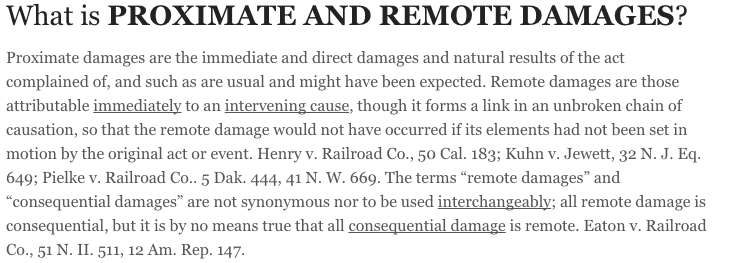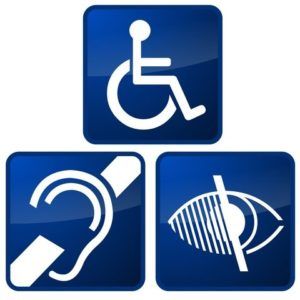- Free Consultation: (252) 299-5300 Tap Here to Call Us
How Long Does It Take To Go To Trial?

How Long Does It Take To Go To Trial?
- How long will the trial last?
- Will I need to testify?
- Are there extra costs incurred?
- Do I have any other options?
- Why won’t the Insurance Company pay my claim?
Taking a case to Court is one option available to an experienced lawyer. The key is knowing when to negotiate and when to fight – Danny Glover
Why would a case go to trial?
Sometimes cases “go to trial” because they have to, not because the person hurt wants to argue in Court. In fact, most people just want to get what’s fair, settle-up, and move on with their lives.
Unfortunately, that’s not always how things work.

Contrary to people might think, the system isn’t always fair. As an attorney experienced handling Wreck and Accident cases involving cars, motorcycles, and even bicycles, it’s not usual to have a conversation with a client, where occasionally harsh realities, are exposed about the Personal Injury system.
We hear things like, “Wait, they caused the wreck. No one disputes that. Why are they fighting the claim? Why are they saying I did something wrong? I’m not asking for a bunch of money, I just want my bills paid. I want my car fixed. Why are they being this way?”
Here’s the hard truth: Insurance Companies make money by settling claims for less than they are worth. In fact, they make the most money when they pay nothing.
If people were always treated fairly by the carriers, I wouldn’t have a job. People wouldn’t need a lawyer – Danny Glover
Obviously there are always two sides to a story. There are times when reasonable minds can disagree.
Wrecks can be caused by the fault of several people. In North Carolina, we have some pretty tough laws regarding that.
We remain one of the few states in the country that rigidly applies the Contributory Negligence doctrine.
If you are involved in a wreck, you will find out very quickly how important that legal term is. “Contrib” is more than just a term lawyers use in Court.
MORE INFO: What to Do After You’ve Been In a Traffic Accident this Holiday Season
It has consequences.
If you are deemed, “Contributorily Negligent” in a wreck you get nothing. Zero.
Even if the other person is 99% at fault and you did one, minor, thing wrong, you get nothing.
Doesn’t seem very fair, does it?
Who does that benefit? The Insurance Companies. That’s because in most circumstances, it’s the Insurance Company paying the claim, NOT the person who caused the wreck.

It’s possible for the Defendant to be “sued individually,” and in cases where the amount of insurance coverage isn’t enough, they may be personally liable.
But as lawyers, we are not even allowed to mention, in court, that there is insurance or an insurance company involved.
Again, that may not seem very fair; but, that’s the law in North Carolina.
As such, a decent number of cases go to trial to determine just that. Who was at fault? Was there Contributory Negligence?
Jurors are asked things like:
- What the Defendant negligent?
- Did the Defendant cause the accident?
- Was Defendant’s negligence the reason for the wreck?
- Were the Plaintiff’s Injuries and Damages a result of the wreck?
- Was the Plaintiff responsible, even in part, for the accident?
Lawyers use terms like “direct” or “proximate cause” in trials.


Modified Transcript of “How Long Does It Take to go to Trial” for the Hearing Impaired
It depends on what part of the state you’re in. In Northeastern North Carolina, we’re very rural and our courts don’t meet nearly as often as they do in Raleigh or Charlotte.
In Elizabeth City, Manteo, Currituck, Chowan County, it typically takes somewhere between a year and two years for the entire litigation process to work its way through.
That would include written discovery, depositions, mediation, medical depositions, and then eventually, you get to a point where the case is ready for trial. Then you wait your turn.
So, a year to two years, but remember that a settlement can be reached at any point during that process.
I’m Danny Glover with the Glover Law Firm. If you have any questions about your car wreck, give me call. It’s completely free. It’s confidential. I’ll be happy to talk to you. (252) 299-5300







